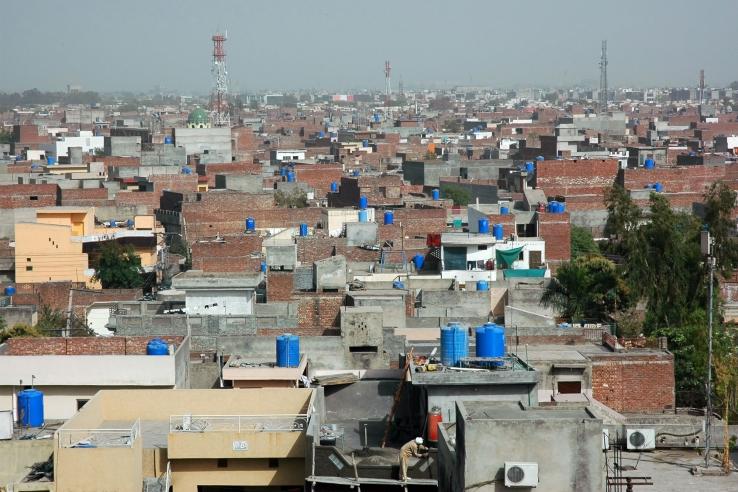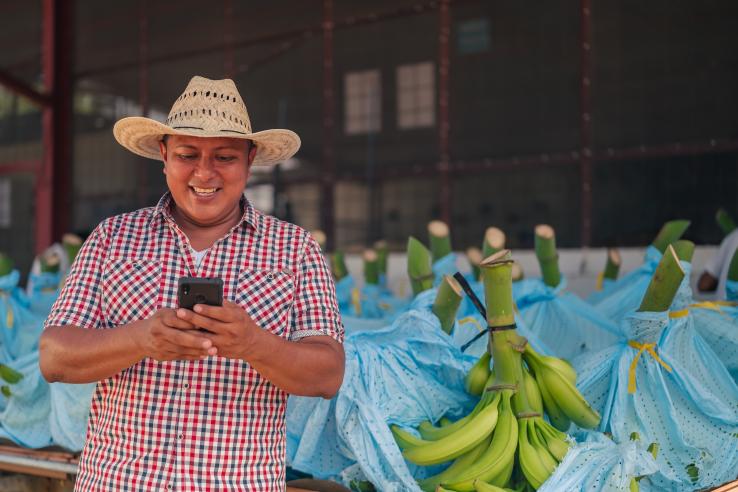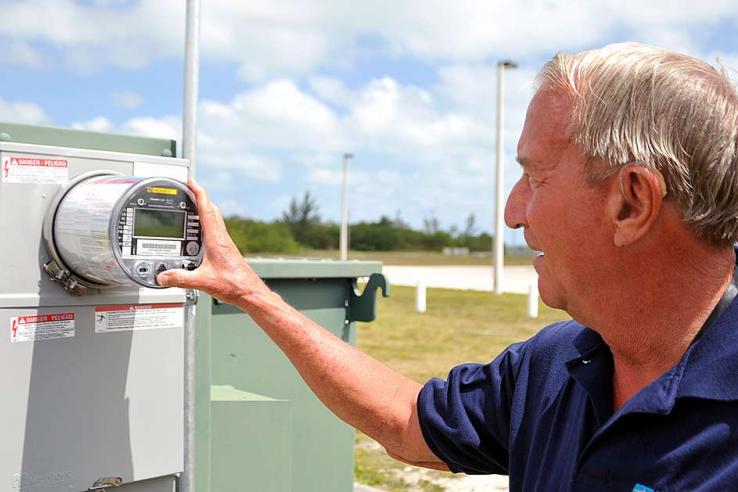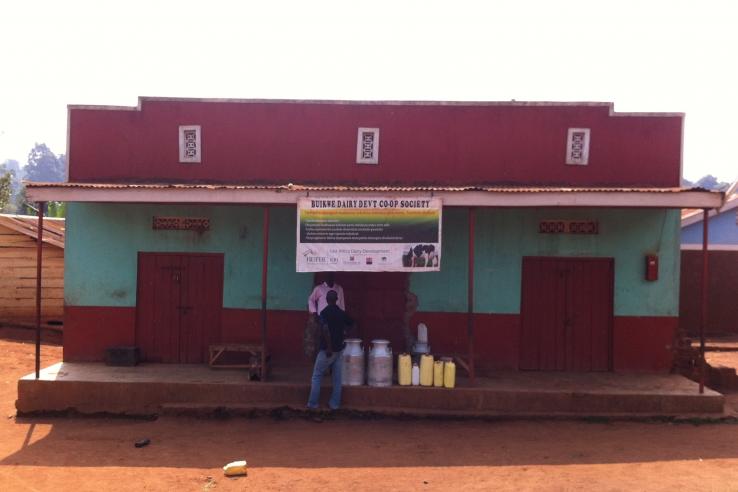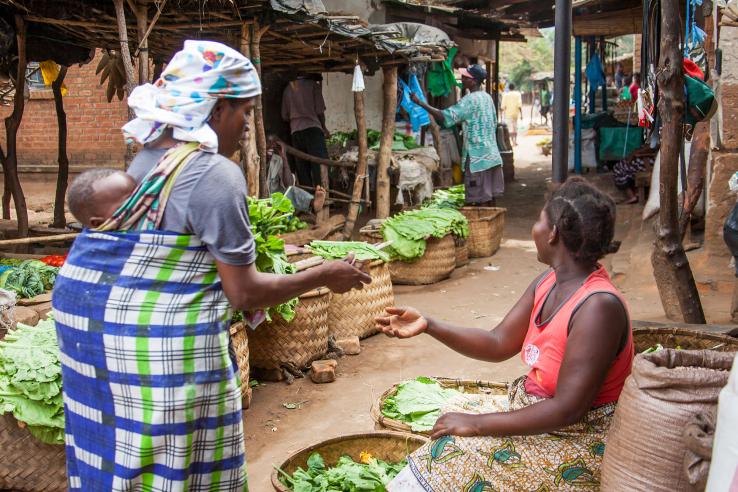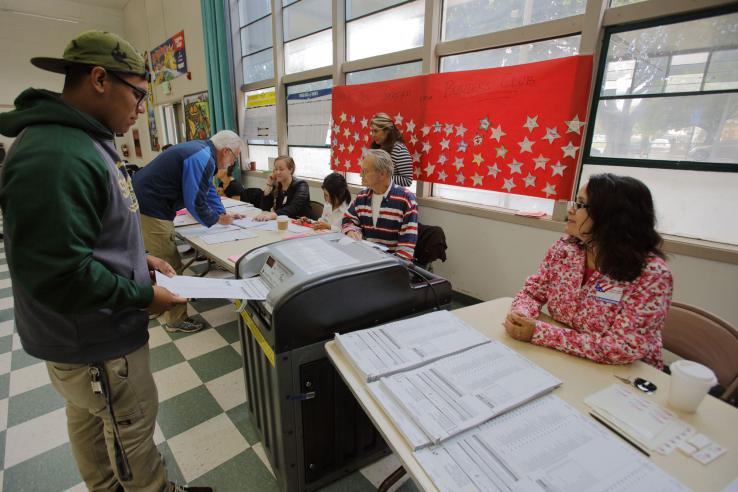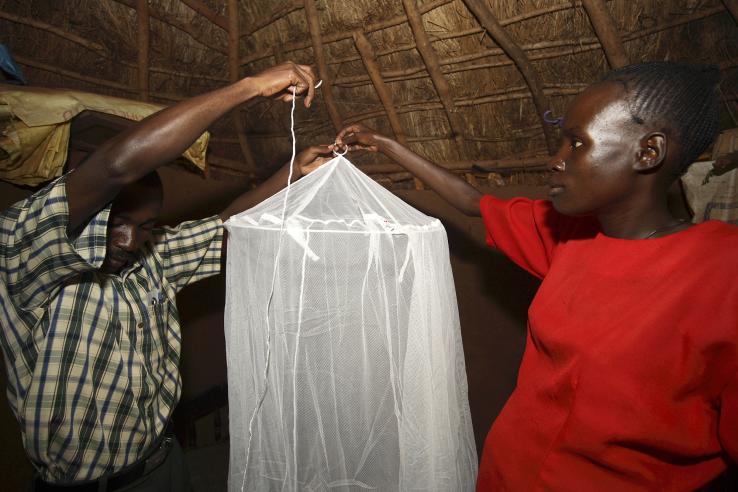Displaying 976 - 990 of 1291
Evaluation
Together with the provincial government, researchers evaluated the impact of a performance-based incentive scheme on tax inspectors’ performance in Punjab, Pakistan. The incentive scheme allowed tax inspectors to choose their next posting location based on their past performance; specifically, how each inspector performed, relative to others, determined the order in which inspectors would choose their next posting.
Evaluation
Researchers partnered with Banco Agrícola to conduct a randomized evaluation that offered a way for Salvadoran migrants to directly channel some fraction of their remittances into savings accounts in El Salvador. Results indicate that a desire for control over remittance uses—in particular the fraction that is saved in formal savings accounts—was large, and had significant influence on migrants’ financial decision making. The intervention also led to a large in savings, both in the partner bank and elsewhere.
Evaluation
By subjecting the papers to an electronic anti-plagiarism program, researchers found that the tutorial significantly reduced the likelihood of plagiarism, particularly among students with lower college entrance scores who had the highest rates of plagiarism. A follow-up survey suggests that the intervention reduced plagiarism by increasing student knowledge rather than by increasing the perceived probabilities of detection and punishment.
Evaluation
The collection of delinquent fines is a massive public administrative challenge. In the United Kingdom for instance, unpaid court fines amounted to more than £600 million in 2011. Managing noncompliant accounts and dispatching bailiffs to collect fines in person is costly. Researchers used a randomized evaluation to test the effectiveness of mobile phone text messaging as a relatively inexpensive alternative method to encourage people to pay their outstanding fees. Text message reminders significantly increased average payment of fines, and were particularly effective when they addressed the recipient by name.
Evaluation
Researchers introduced a performance recognition system for employees to improve record keeping in clinics in Ekiti and Niger, Nigeria. They found that the performance recognition improved record keeping in Ekiti but not in Niger. Researchers suggested that important institutional, managerial and behavioral variables that were not measured may have played a key role in determining the viability and effectiveness of the intervention in each state.
Evaluation
Researchers randomized the suggested contribution in a fundraising appeal sent to patrons of the Bavaria State Opera (Germany). They found that the suggestions increased the average donation while decreasing the participation rate, resulting in no significant change in the average return per mailing.
Evaluation
Researchers conducted a randomized evaluation to test the impact of financial incentives on the take-up of energy-efficient smart meters and subsequent energy use in partnership with British Gas. While offering incentives increased smart meter adoption, customers did not reduce their energy consumption.
Evaluation
Researchers partnered with IPA and PlaNet Guarantee to conduct a large-scale randomized evaluation that will measure demand for rainfall insurance among both urban migrants and rural households and its impact on the economic outcomes of the latter group.
Evaluation
Researchers evaluated the impact of a farmer-to-farmer training program on Ugandan farmers’ knowledge and use of improved dairy farming practices, as well as dairy production and revenues. Overall, the farmer-to-farmer training program improved farmers’ knowledge, productivity and revenues.
Evaluation
Can media campaigns increase voter turnout among those underrepresented in the electorate? Researchers randomly assigned areas covered by Native American radio programming to either receive or not receive targeted radio messaging encouraging listeners to vote in the 2008 and 2010 US elections. The results suggest positive, but statistically insignificant impacts of the radio messaging on voter turnout among Native Americans. Researchers identified radio targeting as a potentially cost-effective way to encourage ethnic minorities to vote.
Evaluation
Researchers conducted a randomized evaluation of a bundled microcredit and health education program, delivered both to mixed-gender and female-only loan groups in Benin, to evaluate its impacts on health knowledge, health behaviors, and social outcomes. The integrated package of group microcredit and health education led to gains in women’s knowledge of both malaria and HIV/AIDS, but those gains did not translate into improvements in health behaviors.
